At least 16 people have been killed in armed clashes between Thailand and Cambodia, as tensions over a century-old border dispute spiral into the worst fighting between the two Southeast Asian nations in more than a decade.
Since fighting began Thursday, the two sides have been progressively involving heavier weapons, including artillery and rocket systems, with clashes expanding to 12 locations from six. Both blame the other side for starting the conflict, which acting Thai Prime Minister Phumtham Wechayachai warned Friday “could escalate into a state of war.”
At least 14 civilians and one member of the military have been killed, the Thai Health Ministry said Friday, and more than 130,000 residents have been evacuated to temporary shelters. Cambodia reported one civilian death in the border area.
Thailand has accused Cambodia of deliberately targeting civilians, while Cambodia accuses Thailand of using widely prohibited cluster munitions. On Thursday, Thailand, which has a far superior military, used a U.S.-made F-16 fighter jet to carry out an airstrike on a Cambodian military target.
The United States, a longtime treaty ally of Thailand, has called for an “immediate cessation” of attacks.
“We are particularly alarmed by reports of harm to innocent civilians,” the State Department said Thursday.
A simmering conflict
The conflict has its roots in the disputed 500-mile border drawn largely by France, Cambodia’s colonial ruler until 1953. Cambodia and Thailand have fought several deadly skirmishes since the border was delineated in 1907, particularly in the area surrounding the ancient 11th-century Hindu temple of Preah Vihear, which both sides claim as their own but was affirmed as Cambodian by the International Court of Justice in 1962 and again in 2013. Thailand rejects the court’s jurisdiction.
The temple’s listing as a UNESCO World Heritage site in 2008 prompted another flare-up.
Tensions have been building again since May, when a Cambodian soldier was killed after both sides opened fire in another contested area where the two meet with Laos, called the Emerald Triangle. Then Wednesday, five Thai soldiers were injured in a land mine explosion along the border, which kicked off the latest clash. Cambodia denies placing land mines.
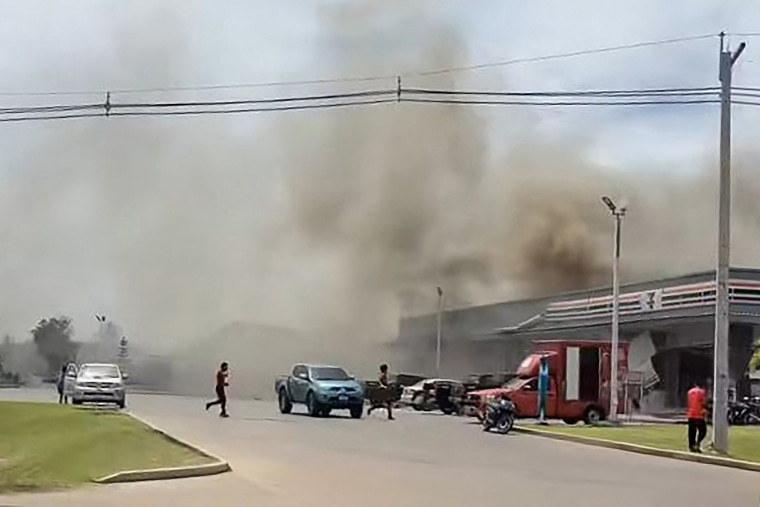
A series of tit-for-tat moves followed, including both countries expelling each other’s diplomats.
“The two sides are now at the point of almost no return,” Pou Sothirak, a former Cambodian ambassador to Japan and a distinguished senior adviser to the Cambodian Center for Regional Studies in Phnom Penh, told NBC News.
“They’ve locked into this ‘we’re the victim and you’re the aggressor’ narrative,” he said.
Political fallout
The dispute has set off political turmoil in Thailand, where Prime Minister Paetongtarn Shinawatra was suspended early this month after an extraordinary leak of her phone call with Hun Sen, who ruled Cambodia for almost four decades as effectively a one-party state before handing power to his son Hun Manet two years ago.
The father still maintains his grip over Cambodian affairs, which apparently prompted the call by Paetongtarn, 38, whose father, former Thai Prime Minister Thaksin Shinawatra, was known to be close to the 72-year-old Hun Sen. She has said she was trying to defuse the border dispute in the call, during which she referred to Hun Sen as “uncle.”
The conversation, recorded and released by Hun Sen himself, prompted outrage in Thailand, where there was already widespread dissatisfaction with her handling of the border dispute.
Paetongtarn also blasted a Thai army commander during the call, angering an institution that has frequently intervened in the country’s politics, experts said.
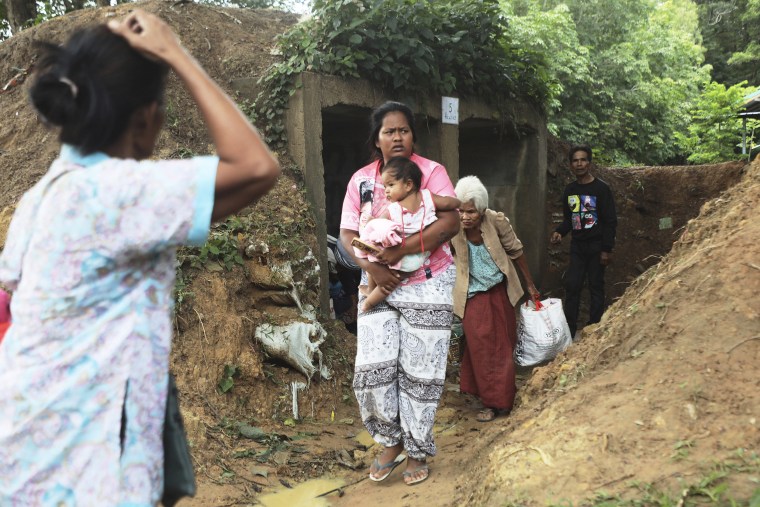
“We have a situation today in which the Thai military is making its own foreign policy against Cambodia. The Thai civilian government has no control over the army at all,” said Paul Wesley Chambers, a visiting fellow at the Institute of Southeast Asian Studies in Singapore.
“It’s free for all and really out of control,” he said of the situation this week, adding that the conflict could topple Phumtham.
Cambodia said it had urged the United Nations Security Council to intervene in Thailand’s “unprovoked and premeditated military aggression.” Thailand says it wants to resolve the conflict bilaterally, but only after Cambodia ceases its attacks.
Neighboring China has offered mediation, but it is seen as closer to the government in Phnom Penh than Bangkok.
Negotiating an end is going to be a challenge for both sides, Pou said, as the Thai military’s effective self-governance has created a diplomatic hole between Thailand and Cambodia, which in the past has undermined the possibility of a permanent end to the border dispute.
“The Thai military pre-emptively pressures conflicts,” he said.

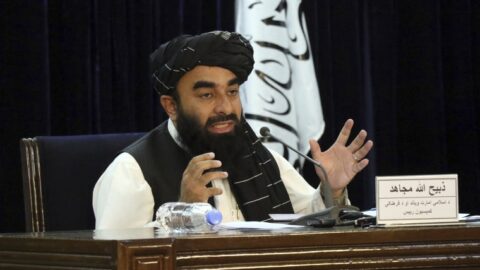
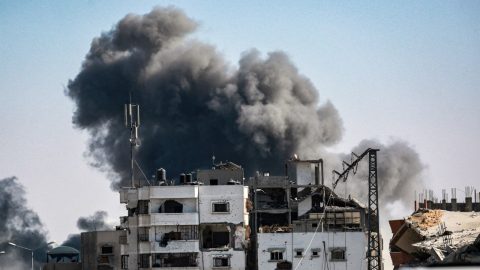
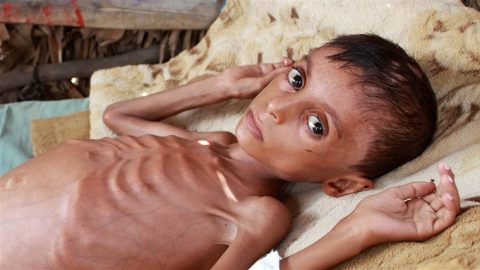
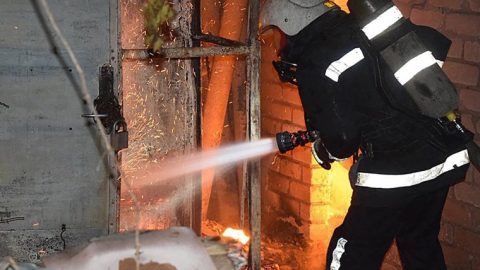

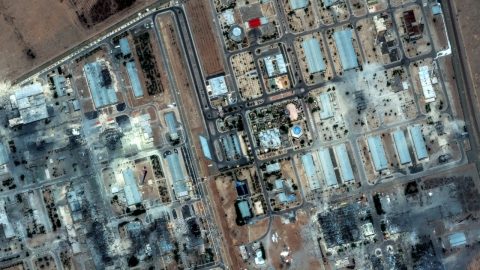
Recent Comments